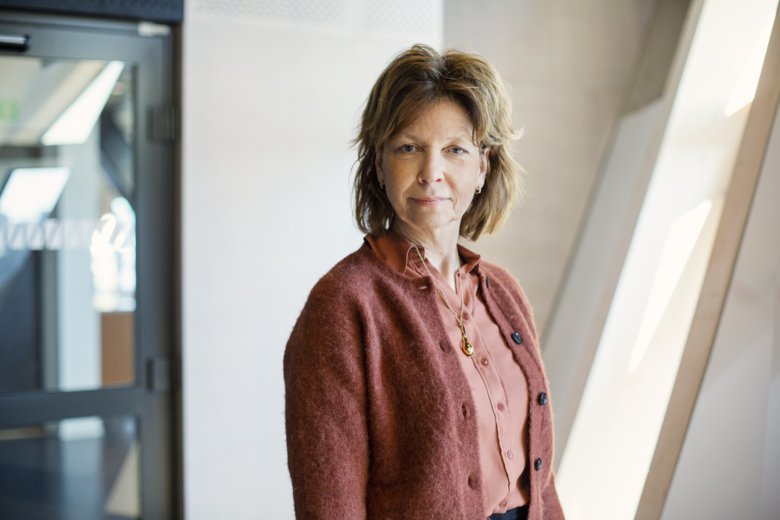Annika Östman Wernerson: A worrying renegotiation of the national ALF agreement

The Ministry of Education and Research has recently tasked Bertil Lindahl with producing source material for a renegotiation of the national ALF agreement (ref. no U2022/02845). The ALF is a national agreement entered into between the government and certain regions on collaboration on medical education, clinical research and healthcare development.
The agreement also regulates the state compensation received by the regions for their participation in higher education and clinical research. For KI, the ALF is indispensable, as it gives us access to the healthcare sector for the clinical modules of our medical education and clinical research. This is why Lindahl’s commission raises concerns not just in me but also in all other medical faculties in Sweden. Our view is that the current agreement works well and that any amendment would in effect jeopardise its effectiveness.
Recent evaluations have been conducted by the Swedish Research Council on the quality of clinical research and by the National Board of Health and Welfare on academic healthcare under the national ALF agreement. With these evaluations as our point of departure, we plan to devote time and energy to quality development with our respective regions. However, the danger now is that this time and energy will have to go into protracted negotiations around a new ALF. This does not benefit our academic and research activities and is not conducive to the stable working atmosphere that we need – ultimately it could compromise the speed and quality of our work.
Risk of greater national control
Another worrying aspect is how the commission has been worded, intimating greater national control of clinical research and education. This would mean a considerable shift from today’s ALF, which states that the compensation for the regions is to be used for costs incurred by their participation in clinical research and education. This is a strong incentive for the regions to take an active role in research and education, and an absolute prerequisite to the successful outcomes of our own activities and those of the country’s other medical faculties.
Last week, all rectors affected, including me, met with Maria Nilsson, state secretary to the Minister of Education, to voice our opinions.
We pointed out that while there were certain problems with how the ALF is applied, they can be rectified within the bounds of the current agreement. We welcome, for instance, a collective overview of the compensation for the new six-year medical programme, which covers regional compensation for their involvement in the programme and for universities via the government’s funding allocation for education.
However, we do not believe that the micromanagement of research at different healthcare levels should be applied nationally, as can be inferred from the commission’s directive. Our decided opinion is that the ALF neither is nor should be an arena for pursuing research policy.
Dialogue is crucial
Lindahl will be submitting his report to the government at the end of next February. Among the preliminary proposals that he himself presented at this year’s InFuturum conference, which was held in Örebro on 23–24 November, is that the national ALF agreement, in order to make it robust over time, should not identify particular priority research fields or infrastructures. I hope that the Ministry of Education and Research will take on board his prudent words.
The meeting at the Ministry gave some positive signals. Above all, it is a strong indication that the source material will be sent out for consultation to interested parties, which I interpret as a sign that the government seeks a dialogue on this and that it will listen to our views. There seems to be a willingness to discuss the remit of the commission itself to ensure that it does not lead to a renegotiation that runs contrary to the ALF’s purpose.
Let us focus on developing and improving the ALF that already exists and that is basically effective. Starting a renegotiation of a new agreement is not a gainful way forward – not for us, the regions or the patients.
Latest updates from the President
Annika Östman Wernersonwrites regularly about issues that are important to the university under the heading "Latest updates from the President". The articles are published on KI's website and found at News and updates from the University Management. She also contributes regularly to the internal newsletter KI News. Previously published texts can be read in the news archive.
